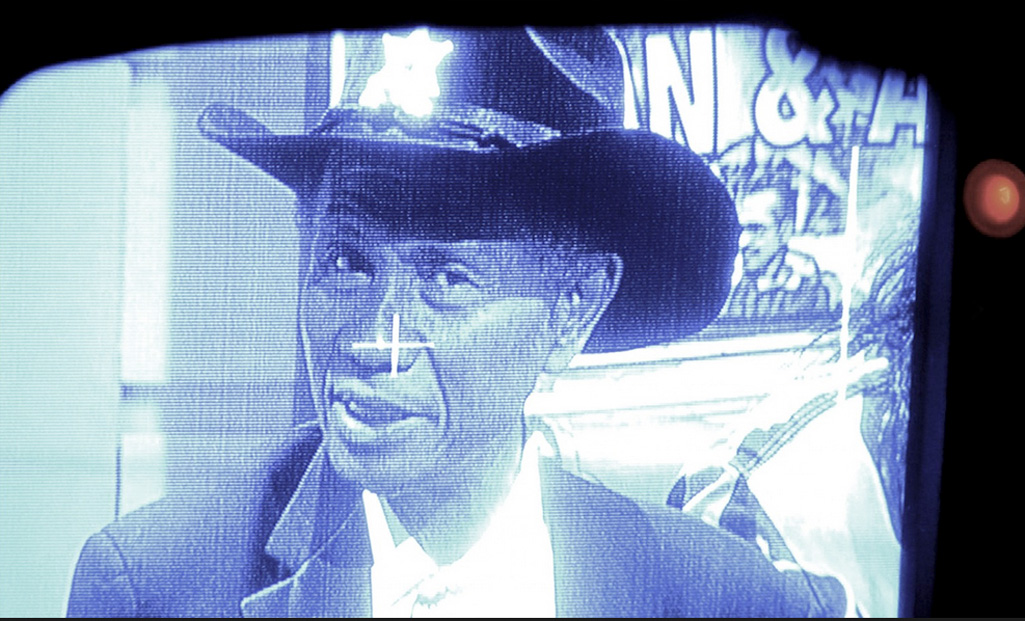No art form is as flexible or open to new voices as the documentary film. No running time is better or worse than another, no subject is too large or too small, and all the traditions of narrative film are thrown out the window in the search for depth, truth, and novelty.
The best of these movies can sway public opinion, touch the nerves of the world — just ask Michael Moore — or change your life forever. Whether you’re in search of a fresh perspective, an unabashed polemic, or pure, heartwarming entertainment, here’re 22 documentaries you should watch as soon as possible. Trust me.
